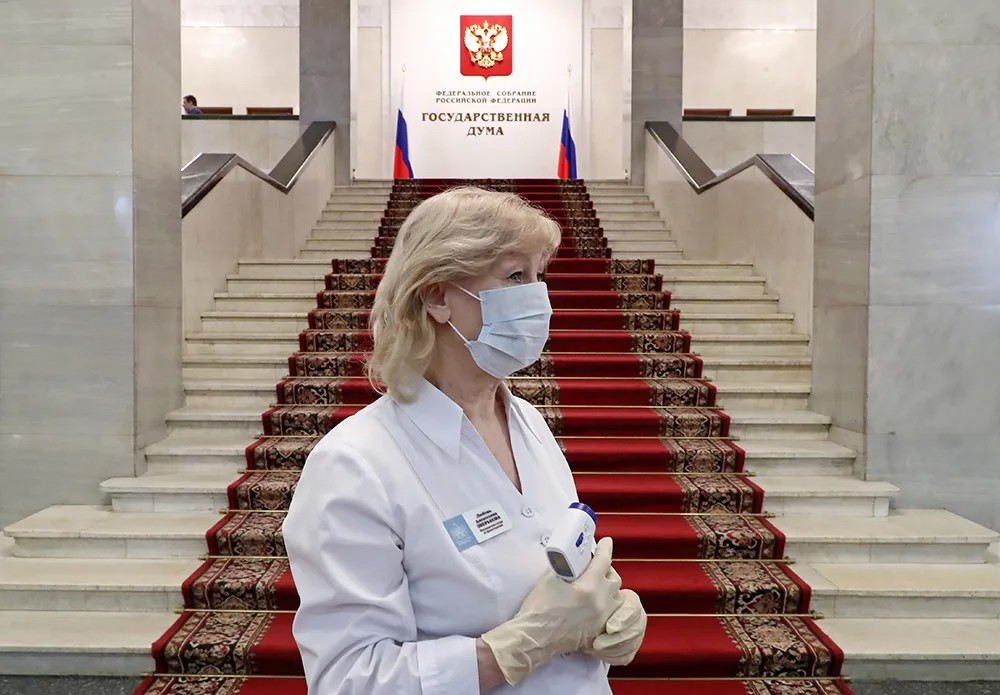
This Week’s Highlights
The proposed amendments on “zeroing” Putin’s presidential terms get fast-tracked towards approval while the authorities block the opposition; Orthodox churchgoers show little regard for the coronavirus pandemic, and the Russian authorities begin raider attacks against a prolific Crimean businessman and early backer of the annexation.
Want to get the full story? Click the links below for full-length articles in Russian.
New feature! Russia, Explained Audio Briefing. Also available on Apple Podcasts and Google Podcasts!
Fast-tracked Constitutional Power Grab, Explained
Pushback is growing against the Putin-backed constitutional amendment that would “zero” his terms in office and enable him to stay in power for two more terms – which could mean for life or at most until 2036. The opposition has now been protesting for about a week, but the authorities managed to rush the latest changes through with lightning speed regardless.
Solo pickets abound. In the immediate aftermath of Putin's address, protesters circumvented restrictive laws on unauthorized rallies by holding spontaneous solo pickets. Meanwhile, alleged anti-COVID-19 measures prohibiting mass gatherings of more than 5,000 people, allowed the authorities to shoot down applications for large-scale opposition rallies in both St. Petersburg and Moscow.
“Nyet!” Campaign blacklisted. The country’s communications watchdog, Roskomnadzor, also secured a court order to block the website of the “Nyet!” Campaign – an opposition-led initiative that was collecting signatures for a petition against the constitutional amendments. The campaign’s coordinator, opposition politician Andrei Pivovarov, is sure the decision was politically motivated and underscored that his team did not receive any notice from Roskomnadzor or the courts.
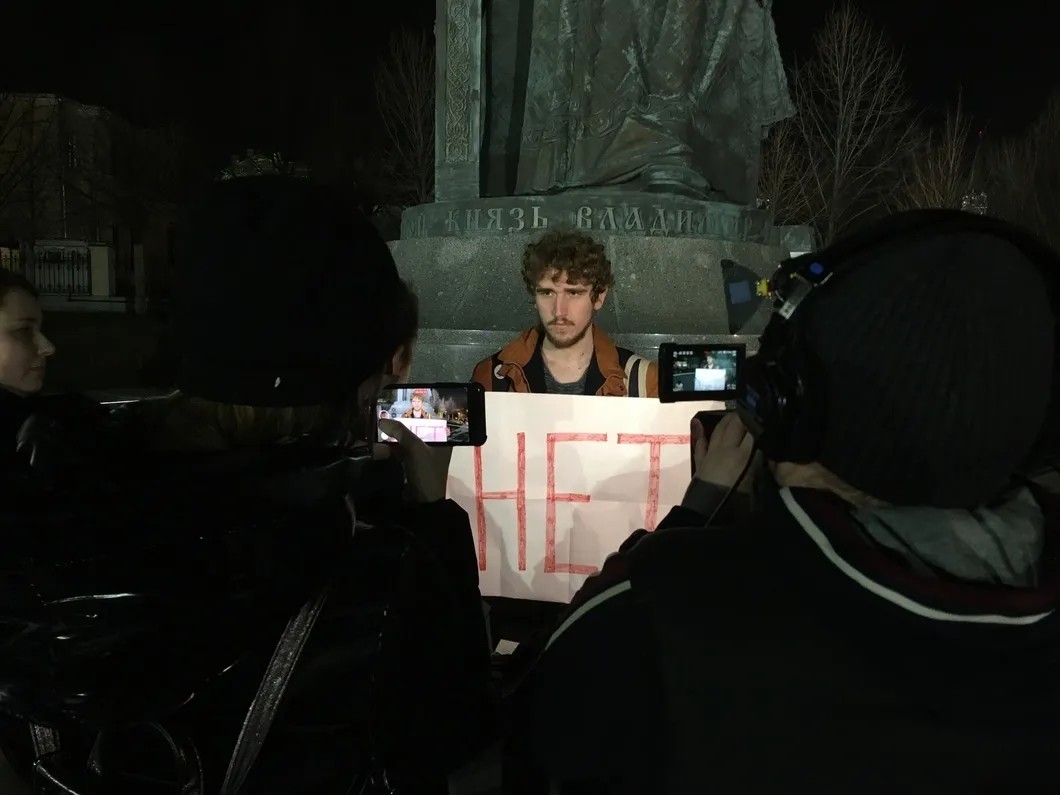
A lone vote against.After breezing through the State Duma within hours of Putin’s address, the proposed changes still had to go through Federation Council (the Federal Assembly’s upper house) and the regional parliaments. The Federation Council passed the amendments almost unanimously. In a move reminiscent of State Duma deputy Ilya Ponomarev’s lone opposition to the annexation of Crimea, only one senator voted against: representative of the Irkutsk region, Vyacheslav Markhaev. He is known for criticizing Moscow’s crackdown on protesters during the summer of 2019 and calling out the police for using excessive force against demonstrators during anti-government rallies in Buryatia.
What’s next?To give the proposal about resetting the clock on his presidential terms some air of legitimacy, Putin insisted that the package of amendments be put before the Constitutional Court. Naturally, this was done even faster than expected. On March 16, the Constitutional Court ruled that the proposed amendments to the Constitution are, in fact, constitutional. As such, the nationwide vote on the amendments has essentially been given the green light for April 22. And according to Putin, the plebiscite will not be delayed – even though medical experts around the world are urging everyone to stay home, in light of the coronavirus pandemic.
Read more about online and offline attempts to block the opposition movement here.
Russia vs. COVID-19 includes Orthodoxy, Fake News
Given the rapid spread of the COVID-19 virus people around the world are self-isolating and avoiding crowds. But in Russia – where cases are skyrocketing and there are officially over 100 confirmed infections – hundreds of Orthodox church-goers lined up at the Kazan Cathedral in St. Petersburg, to kiss a relic of John the Baptist.
Faith vs. hygiene.Our correspondent visited the cathedral in the middle of a workday and counted hundreds of people waiting in line. Most of them were elderly. Furthermore, the Church’s “hygiene” procedures were cause for concern. As each visitor kissed the relic, crossed themselves and then quickly moved along, a volunteer stood nearby and wiped the glass clean after every few kisses.
“We have faith,” an elderly woman explained to our correspondent when asked if she thought it was dangerous to kiss the relic. “Will God really let us get infected here? I think not. Relax. We all take communion from a single spoon.”
A fake news outbreak, too.Russia’s measures to combat the spread of the coronavirus are getting tighter every day, especially in Moscow. At the same time, false information about COVID-19 poses a different kind of threat. On March 2, a forged audio message spread like wildfire among parents on messaging apps and social networks. The message claimed that the authorities were covering up a staggering number of cases in the capital in order to focus on adopting the new amendments to the Constitution. Officials immediately dismissed this information as false, saying that it was an attempt from abroad to cause instability.
Поддержите
нашу работу!
Нажимая кнопку «Стать соучастником»,
я принимаю условия и подтверждаю свое гражданство РФ
Если у вас есть вопросы, пишите donate@novayagazeta.ru или звоните:
+7 (929) 612-03-68
Panic! In the chat group.“People are afraid of the medical side of things, and even more so, of the socio-economic [impact]: the fight against the epidemic is worse than the epidemic itself,” explains anthropologist Aleksandra Arkhipova. “In a situation where people implicitly have little trust in the government and do not believe in the rationality of its systems, their readiness to distribute [false information] without verifying it is even higher.”
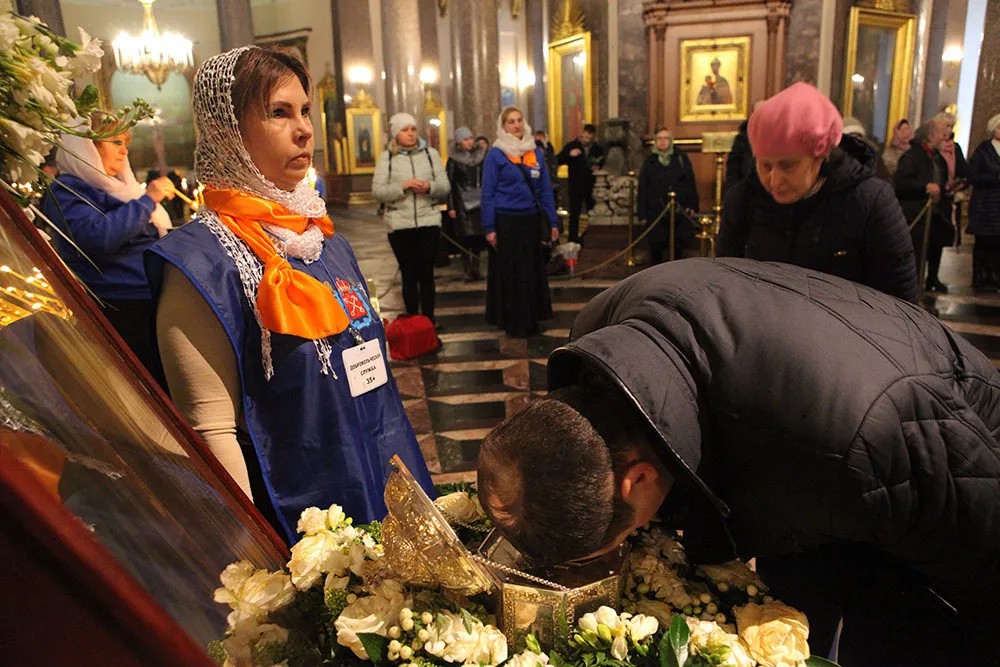
Read our dispatch from the Kazan Cathedral here and find out more about the viral disinformation about the outbreak in Moscow here.
Raider Attacks in Annexed Crimea, Explained
March 16th marked the sixth anniversary of the Kremlin’s internationally unrecognized “referendum” on the annexed Crimean Peninsula joining Russia. Meanwhile, on the peninsula itself, one Crimean businessman – who helped bring in the Russian soldiers in unmarked uniforms in 2014 – is now facing the seizure of his assets there. Apparently, he has gotten in the way of the Russian state’s ongoing attempts to buy up independent banks.
When you are good to Putin, he’s not good to you.Aleksandr Annenkov, a former deputy minister in the Russian Cabinet, played a key role in assisting the takeover of Crimea. During the annexation – when other vessels refused Russians passage to the peninsula – his ferry operators eagerly transported not only personnel but also equipment and weapons. In November 2019, he even received a personalized thank-you letter from Putin. But now the tables have turned.
First, his bank was seized. In February, local authorities moved to take over Annenkov’s Morskoy Bank in Sevastopol – allegedly to “save” it from bankruptcy. Despite some financial difficulties provoked by the break up with the Ukrainian banking system, Annenkov was using the profits from his booming ferry business to shore up the bank. Nevertheless, in May 2019, the Russian authorities offered to buy it from him for the “reasonable price” of one rouble. But this was just a smokescreen for an impending hostile state takeover.
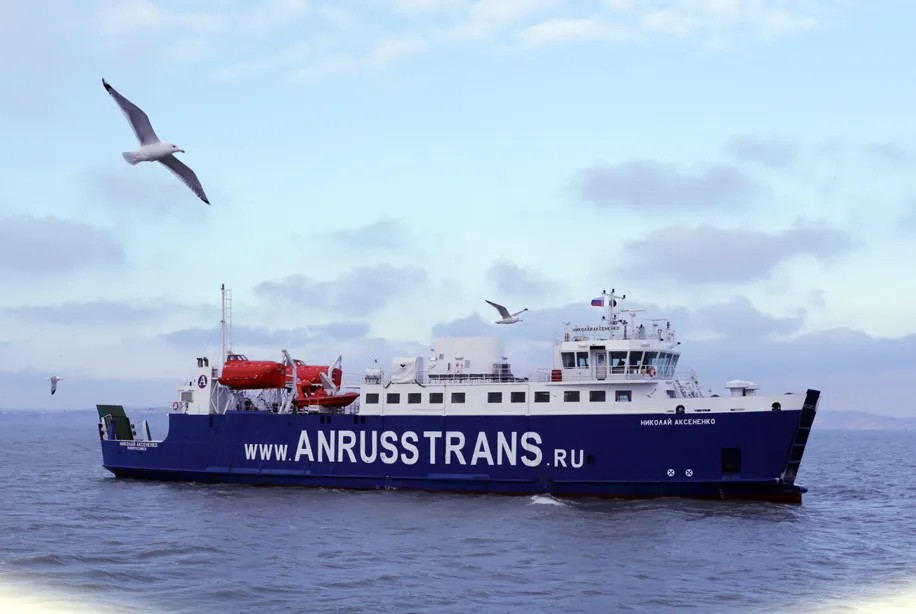
Betting on the annexation turned out a terrible business move, too. Last month, reports emerged the Kerch port (the base for Annekov’s business) would possibly be shut down by April 1 – laying off hundreds of people and eliminating Annenkov’s ferries along with it. Apparently, pressure from international sanctions against Russia has made the port unprofitable.
Russian state-owned banks only.Meanwhile, Annenkov’s attempts to resolve the issue with his banking assets with the Russian Central Bank have come to nothing. “An organized information campaign to discredit the bank began in the media,” Annenkov told Novaya Gazeta. “They wrote that Morskoy Bank […] would not live to see its next anniversary, that it would soon be closed. In business correspondence with the Central Bank, their employees stopped answering our questions. Our plans for recovering the bank independently […] were ignored.” In other words, Russia’s Central Bank has made it clear that there’s no need for an independent bank on the Crimean peninsula.
Read more about the raider attacks on Annenkov’s businesses here.
Other Top-Stories Russia Has Been Reading
- Sechin is the new Reagan. Yuliya Latynina’s column on Russia’s withdrawal from OPEC+ and the subsequent fall in oil prices was our most-read story this week. The way she sees it, Rosneft CEO Igor Sechin was the driving force behind Russia calling it quits – he’s been a long-time enemy of the cartel and long thought that triggering a collapse in oil prices would bring down American shale production. “Back in the day, it was an agreement between Ronald Reagan and Saudi Arabia on a radial increase in production and, as a result, the decrease of oil prices that killed the Soviet Union,” Latynina recalls. “This time the role of Ronald Reagan is played by Igor Sechin.”
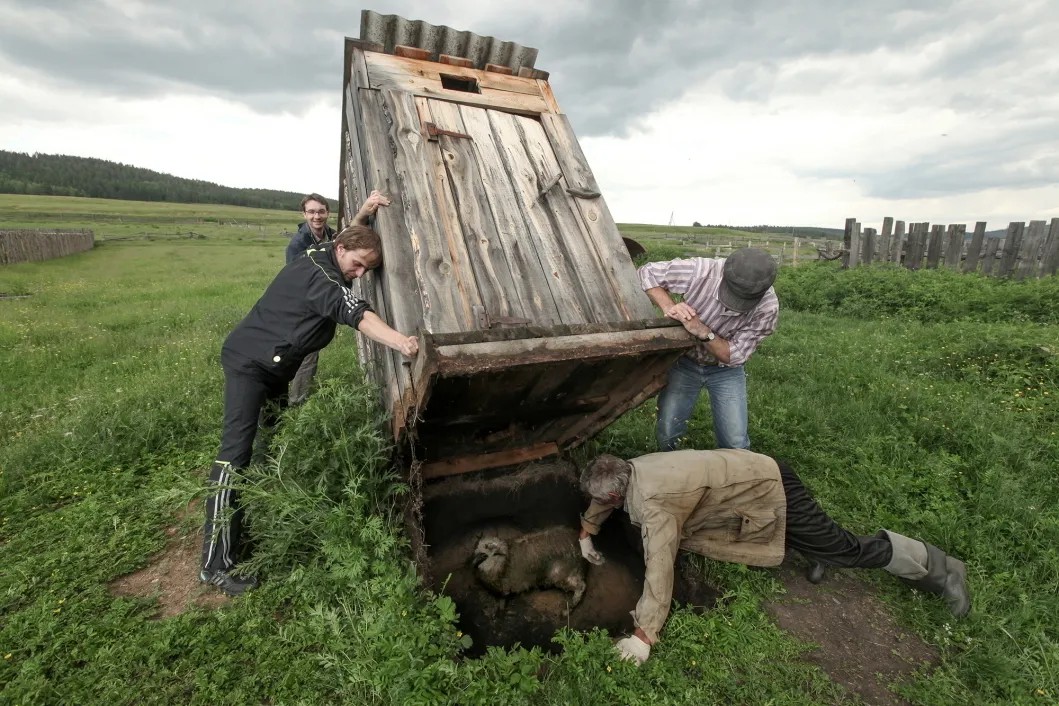
- And don’t miss our special project. In our latest special project, Novaya Gazeta reveals that around 30 million Russians (about a fifth of the country) are not connected to centralize sewage systems, despite living in the digital age and in a so-called developed country. In fact, Russia has the largest population share of any developed nation with no access to indoor plumbing. What’s more, 88 percent of wastewater does not meet requirements for cleaning, but gets dumped into Russian waterways nonetheless. Why are these numbers so high? It’s mainly due to endemic social issues: high poverty levels, the slow decay of rural villages, high tariffs on dwindling remote populations and a lack of municipal rights are all contributing factors.
Thanks for reading! To keep up with Novaya Gazeta’s reporting throughout the week, you can follow us on Facebook, Twitter, Instagram and Telegram. Our video content is available on Youtube and don’t forget to visit our website for the latest stories in Russian. Until next time!
— The Novaya Gazeta Team
Поддержите
нашу работу!
Нажимая кнопку «Стать соучастником»,
я принимаю условия и подтверждаю свое гражданство РФ
Если у вас есть вопросы, пишите donate@novayagazeta.ru или звоните:
+7 (929) 612-03-68